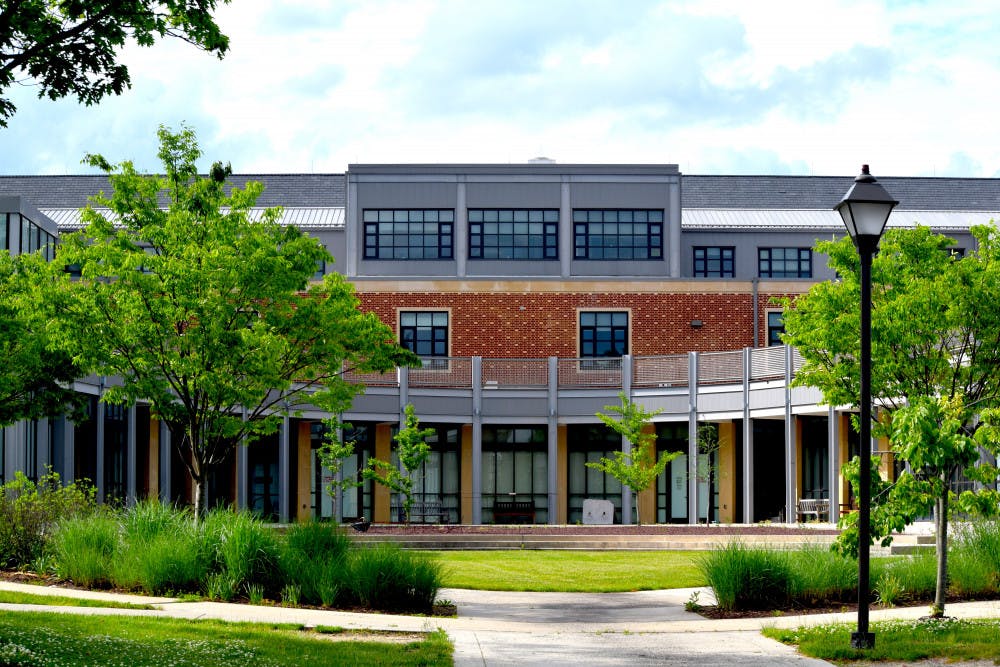By Lara Becker
Managing Editor
A statement was released on Sept. 3 by the Campus Diversity Council to continue the conversation on restorative justice in support of the Black Lives Matter movement.
The committee intends to assist in improving the experiences of marginalized groups on campus as mentioned in an email written by Vice President for Inclusive Excellence James A. Felton III and dean of the School of the Arts and Communication, Maurice L. Hall Ph.D.
Recommending policy changes and next steps, the document will later be forwarded to the Committee on Strategic Planning and Priorities and implemented by the Division of Inclusive Excellence alongside various partners.

“Now is the time for TCNJ to critically examine issues of race and racism, and then take effective action to become a place where BIPOC students can bring their whole selves to campus to fully learn, develop and grow,” the email stated.
The document is broken down into subheadings covering representation, curriculum changes, the student experience, the campus calendar, policy review, professional development and the Trenton-Ewing community.
Within each section, statements start by saying “Black lives will matter at TCNJ when,” followed by detailed ways in which all aspects of campus life can become more inclusive.
Topics span from hosting campus-wide Black History Month celebrations to diversifying campus menu options at all times and mirroring diversity in faculty.
“Black lives will matter at TCNJ when the College creates vibrant programs, services, and support to first-generation students and their families in their quest to navigate the historical barriers that exist in higher education,” the email states.
The document aims to turn global issues into personal connections in order to ensure that every student at the College feels welcomed and comfortable.
After the deaths of Breonna Taylor, Ahmaud Arbery, George Floyd and many more, the Campus Diversity Council is asking the College to join them in moving forward in the right direction.
“While recognizing that history is evolving, we want to be on the right side of history when future generations look back on the action, or inaction, of The College of New Jersey,” the document said.







